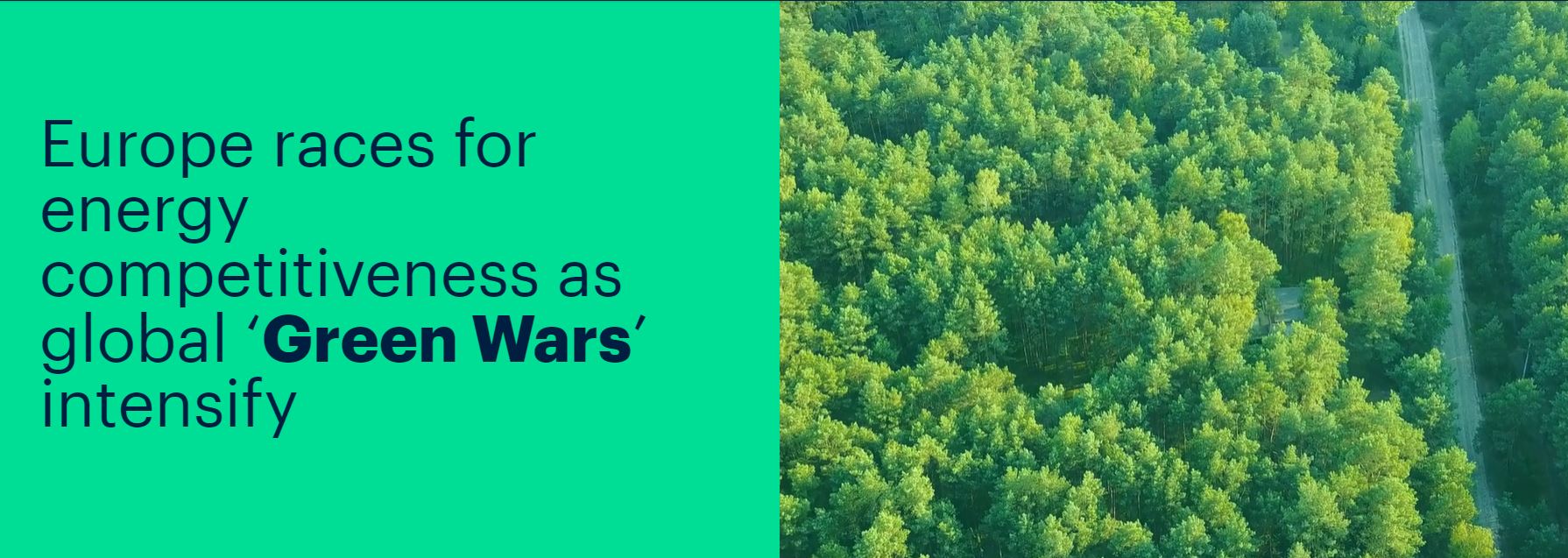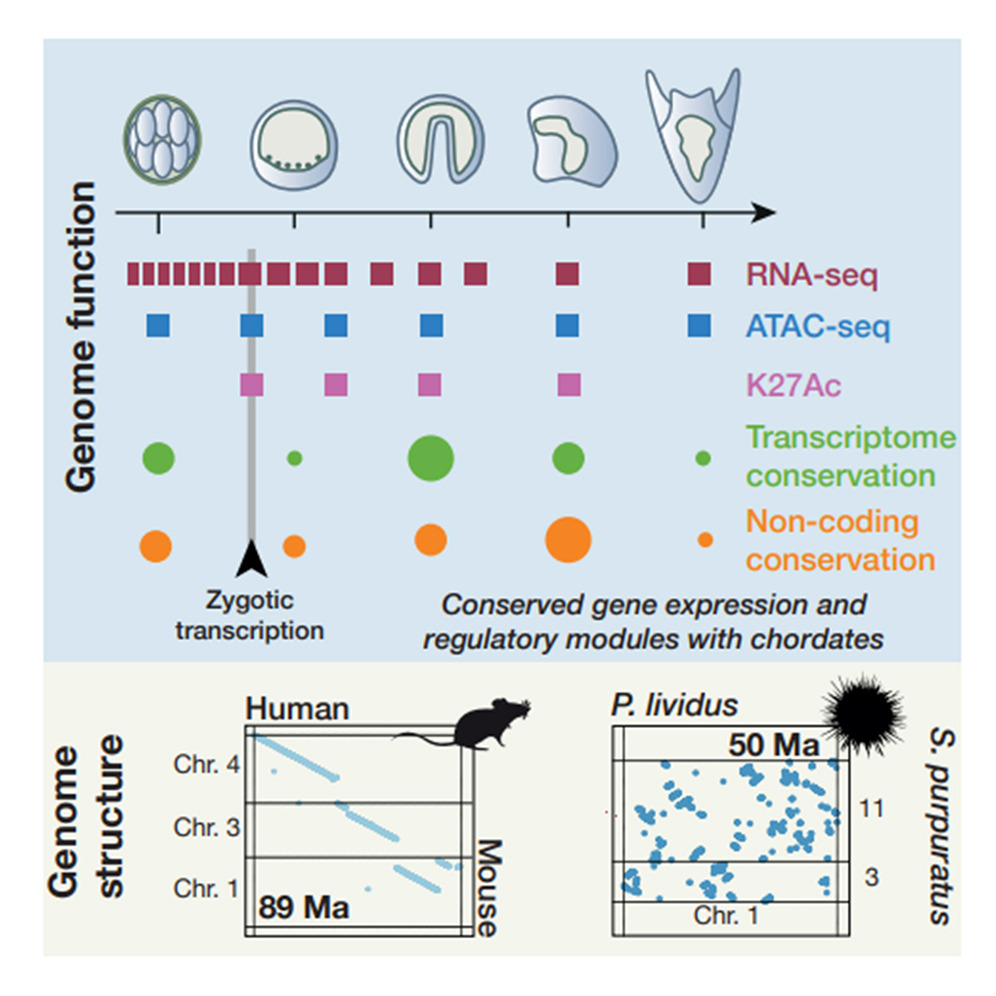ICIS
This article, relating to SDGs 7 and 13, details Europe's race to maintain its position as a leader in renewable energy as global green wars intensify. Although Europe is investing heavily in new green technologies, they face significant challenges including increasing competition from countries like China and the US, as well as political and economic challenges.
Elsevier,
Cell Genomics, Volume 3, 12 April 2023
Sea urchins are one of the most amenable model systems in developmental biology and they have enabled major discoveries. In this study, the authors investigated how conserved the genomic and regulatory architecture is between P. lividus, other sea urchins, and chordates. By integrating genomic and regulatory datasets, they demonstrated how regulatory changes could be associated with the origin of the novel body plan of urchins and other echinoderms.
Elsevier,
Environmental and Experimental Botany, Volume 208, April 2023,
This study contributes to Goal 15 - Life on Land because it shows that tree growth to temperature change is a combination of short-term plastic and long-term adaptive reactions, and it suggests a limited adaptation to climate warming of trees growing at high altitudes. Such studies remind us that Life on Land as we know it currently will only be possible through conservation of natural ecosystems.
Elsevier,
International Journal of Clinical and Health Psychology, Volume 23, 1 April 2023
The study shows that resource variables are relevant for understanding the situation of cancer patients. Clinicians who notice low levels of sense of coherence, resilience, or optimisms in their patients will be better prepared for identifying patients in need for interventions. Especially younger patients deserve special attention.


